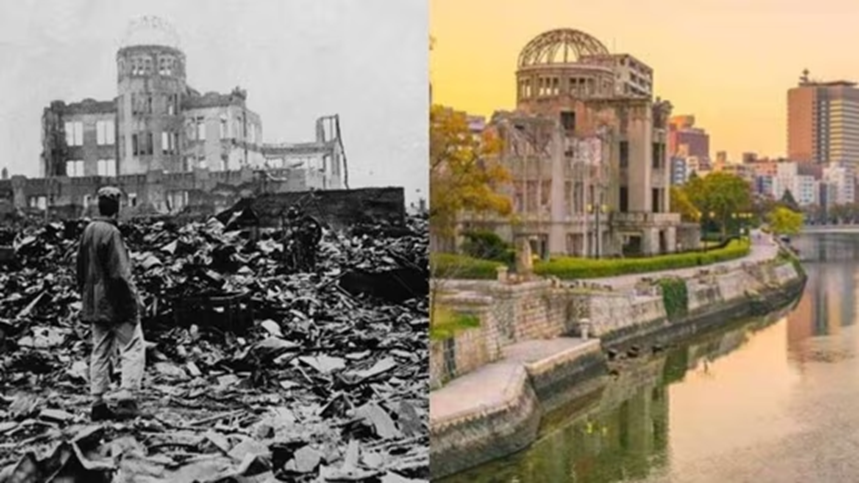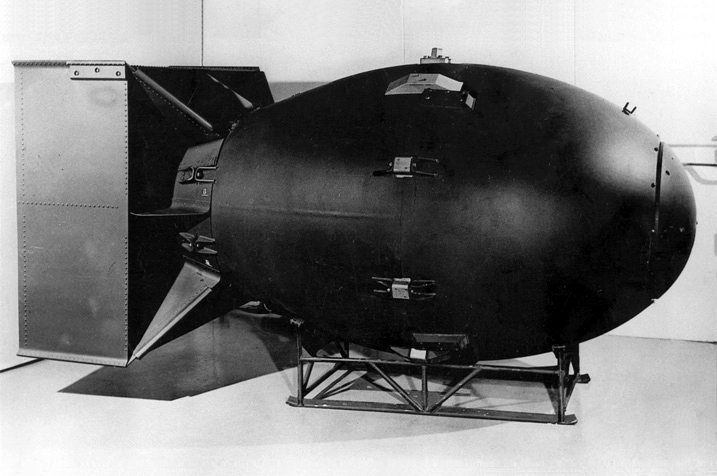- Courses
- GS Full Course 1 Year
- GS Full Course 2 Year
- GS Full Course 3 Year
- GS Full Course Till Selection
- Answer Alpha: Mains 2025 Mentorship
- MEP (Mains Enrichment Programme) Data, Facts
- Essay Target – 150+ Marks
- Online Program
- GS Recorded Course
- Polity
- Geography
- Economy
- Ancient, Medieval and Art & Culture AMAC
- Modern India, Post Independence & World History
- Environment
- Governance
- Science & Technology
- International Relations and Internal Security
- Disaster Management
- Ethics
- NCERT Current Affairs
- Indian Society and Social Issue
- NCERT- Science and Technology
- NCERT - Geography
- NCERT - Ancient History
- NCERT- World History
- NCERT Modern History
- CSAT
- 5 LAYERED ARJUNA Mentorship
- Public Administration Optional
- ABOUT US
- OUR TOPPERS
- TEST SERIES
- FREE STUDY MATERIAL
- VIDEOS
- CONTACT US
Hiroshima Day 2024
Hiroshima Day 2024

Hiroshima Day 2024, observed on August 6, commemorates the tragic anniversary of the atomic bombing of Hiroshima, Japan, by the United States during World War II in 1945.
- This day serves as a reminder of the devastating impact of nuclear weapons and the importance of working towards a world free of such threats.
Date and Origin
- Annual Observance: Hiroshima Day is observed annually on August 6.
- 2024 Date: This year, it falls on a Tuesday.
- Historical Event: Marks the atomic bombing of Hiroshima, Japan, on August 6, 1945, by the United States during World War II.
- Bombing Details: The bombing was conducted by the B-29 bomber Enola Gay, nicknamed “Little Boy,” which exploded approximately 600 meters above Hiroshima.
- Impact: Instantly killed approximately 70,000-80,000 people, with tens of thousands more succumbing to injuries and radiation exposure. The city’s infrastructure was decimated, and survivors, known as Hibakusha, faced long-term health issues and severe psychological trauma.
- Second Bombing: On August 9, 1945, the U.S. dropped a second atomic bomb, “Fat Man,” on Nagasaki.

- War End: These events marked the first use of nuclear weapons in warfare and led to Japan’s surrender on August 15, 1945, effectively ending World War II.
|
Background: Why did the US Enter World War II?The United States initially adopted a policy of neutrality at the onset of World War II. However, several factors led to its eventual involvement:
In summary, the U.S. entered World War II due to a combination of factors, including economic interests, ideological concerns, and the direct military attack on Pearl Harbor. |
Significance and Theme
- Remembrance and Awareness: Hiroshima Day is marked by ceremonies and events to remember the victims and promote peace and nuclear disarmament. It serves as a crucial educational opportunity to raise awareness about the devastating consequences of nuclear warfare.
- 2024 Theme: This year, Hiroshima Day highlights the theme: “Together with the Hibakusha, let us achieve a nuclear weapon-free, peaceful, and just world—for the future of humankind and our planet.”
- Global Dialogue: It fosters a global dialogue on the ethical and moral implications of using such weapons, advocating for the necessity of peace and conflict resolution.
- Collective Reflection and Action: Inspires collective reflection and action towards a future free from the threat of nuclear annihilation.
- Events: Events held on Hiroshima Day, such as peace marches, educational seminars, and memorial services, engage communities worldwide in a shared commitment to nuclear disarmament and the promotion of global peace.
- Building a Safer Future: Through these activities, Hiroshima Day reinforces the importance of remembering the past to build a safer and more just world for future generations.
Key Points
- Devastating Impact: The bombing resulted in the deaths of tens of thousands of people and had long-lasting effects on the survivors and the city itself.
- Humanitarian Consequences: This day serves as a melancholic reminder of the devastating impact of nuclear weapons and the importance of working towards a world free of such threats.
- Peace and Disarmament: Highlights the importance of peace, disarmament, and international cooperation.
- Reflection: A time to reflect on the humanitarian consequences of nuclear warfare.
Conclusion
As we commemorate Hiroshima Day, it is crucial to not only remember the past but also to look towards the future. The lessons from Hiroshima underscore the urgent need for global cooperation and diplomacy to prevent the use of nuclear weapons. The international community must work together to strengthen nuclear non-proliferation treaties, promote disarmament, and foster a culture of peace.




